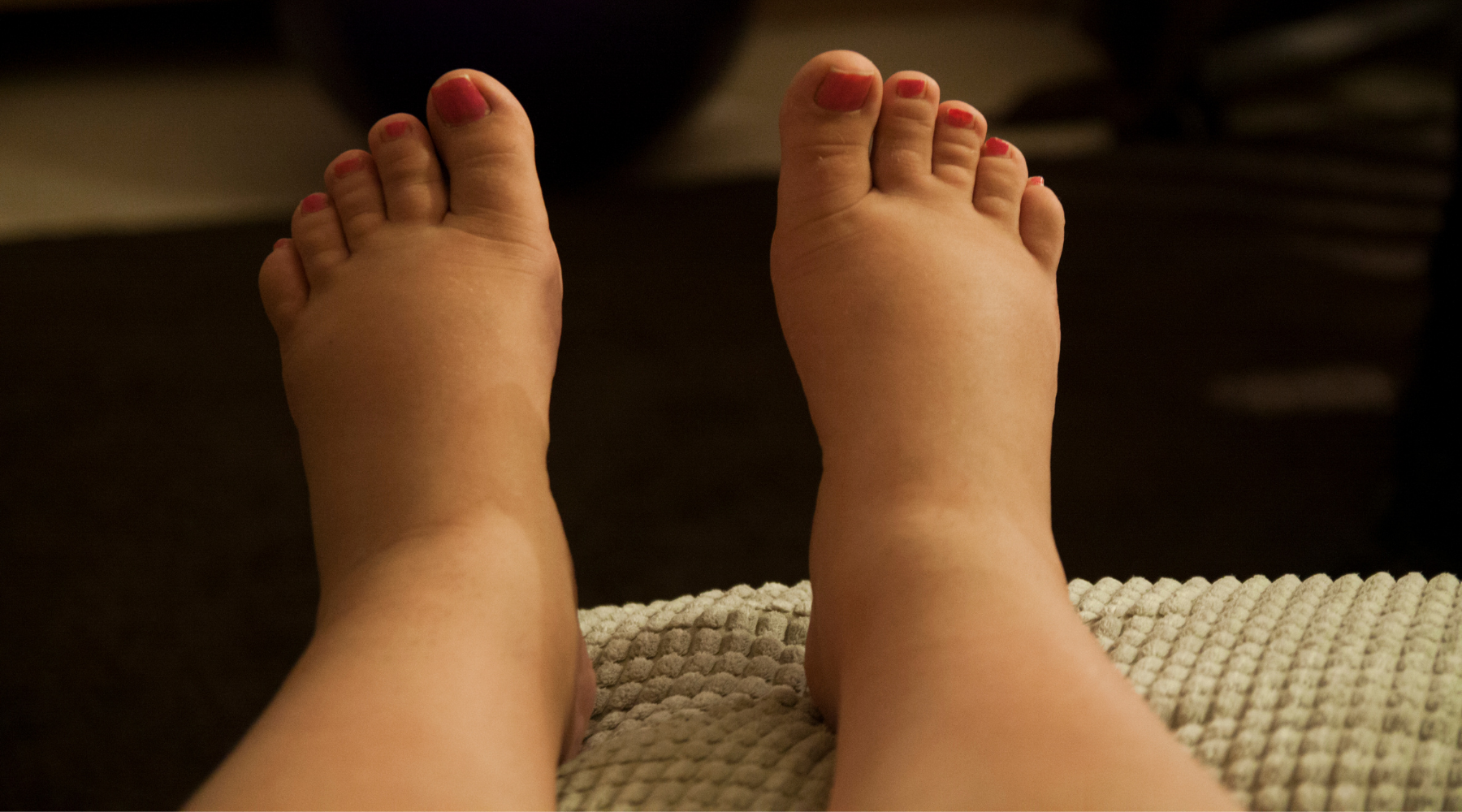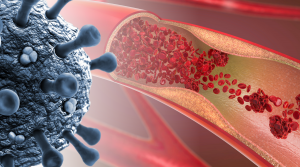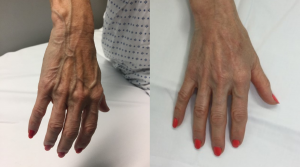There are many causes of swollen legs. Sometimes an underlying medical condition is responsible such as heart failure, kidney impairment or hormone imbalance. Swollen ankles can be a side effect of certain drugs.
Faulty veins commonly cause swollen and heavy legs. The problem in the vein may be a blockage or scarring such as occurs after a deep vein thrombosis. Varicose veins are one of the commonest causes of leg swelling. Varicose veins can also cause heaviness, aching, itching and cramps.
Disorders of lymphatic function such as lymphoedema cause fluid to build up in the legs. There are many causes of sluggish lymphatics and detailed assessment and tests may be necessary to pinpoint the reason for the problem.
Lipoedema is a disorder affecting women which leads to excess build up of fat on the legs which is out of proportion to the upper body. It may coexist with varicose veins and impaired lymphatic function.
Most people affected by swollen and heavy legs have a combination of factors contributing to the symptoms. Detailed assessment is needed, especially of the underlying circulation, to see what can be done to improve the condition.










